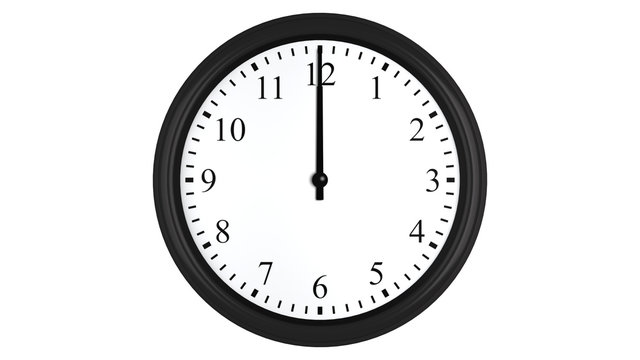A group project has been assigned, and you’ve been paired with the three kids who don’t do anything. What do you do? The answer seems obvious: take charge, delegate jobs, get the task done. But then what happens? Inevitably, it’ll come, but usually only if you are a girl—
“I don’t want to work with you. You’re bossy.”
“Bossy” is a word girls are tired of hearing. But they should not have to hear the word in the first place.
“Ban Bossy’ is a movement aimed at eliminating the word “bossy” from our everyday vocabulary because its negative connotation discourages its target, usually a young girl, from becoming a leader. Founded by Facebook’s Chief Operating Officer Sheryl Sandberg and supported by famous figures like Beyonce, Jane Lynch, Condoleezza Rice and the Girl Scouts, the movement has gained momentum through its social networking campaigns.
“Bossy” has worn out its welcome and is now attacking girls’ confidence as early on as elementary school. Young girls who try to be leaders in school are immediately shot down, along with their confidence. When boys take charge, they’re assertive and exhibit good leadership skills, but when a girl does the same, she’s being pushy. Same action, different results, different meanings.
According to sophomore Couty Fall, being called bossy wasn’t a big deal until she realized that if a guy took charge like she had, he would not have been insulted.
The results go far beyond some hurt feelings. Because most “bossy” victims are young, one blow to their confidence may take years to rebuild.
Young girls feel discouraged from becoming leaders or taking charge when given the opportunity for fear that they will be labeled as pushy or mean.
Is that really what it’s come to? In a 21st century world, this society has girls holding back. They don’t want to be “one of the bossy girls.”
According to Principal Joan Benz, since bullying is in the “perception of the receiver,” the word “bossy” could be interpreted as a form of bullying.
“Ban Bossy” is attempting to get rid of this whole situation before it even begins. With “bossy” out of people’s vocabulary, young girls will have the self-assurance to declare themselves important and capable enough to take charge.
However, CHS girls haven’t let “bossy” jabs get to them. They refuse to let a word change the way they act and think about themselves.
According to junior class president Hana Yen, when she was in elementary school, she was called “bossy” a number of times but never let it get to her because she knew it would not affect her in the long run.
“Ban Bossy” exposes young girls to feminism and unifies them together under supportive famous figures and one phrase. “Ban Bossy” helps “bossy” victims to realize that there are people who care and want this to change.
But there are some people who think the movement is an overreaction. After all, how often is “bossy” used in school anymore?
With works like Little Miss Bossy and Taming of the Shrew still hanging around, it is obvious that this word has even managed to worm its way into children’s books, which is unacceptable. If young girls are going to get the chance to grow and feel confident enough to take charge and lead, then books scaring them into backing off and submitting to an alternate authority figure aren’t needed.
According to Yen, if there is a fear of being put down for one’s initiative to take charge, people, especially children, will be deterred from leading, which is reasonable enough to want the removal of such a word.
Others claim that there is no way that “Ban Bossy” can accomplish anything, since it would be impossible, not to mention unconstitutional, to actually ban the word “bossy.”
But they’re forgetting the point behind the movement. It is not possible to obliterate a word from existence, but it’s the thought that counts. If people think about the harshness of the word “bossy” and its side effects, then they might stop using the word or even pass the message on.
According to Benz, if people become conscious of the issue over one word, then that awareness will spread to related words and will eventually result in widespread support.
Hopefully, people can understand “Ban Bossy” and realize its importance. After all, in a country where there has yet to be a female president, it is time to get rid of the word “bossy” and start being the boss.













